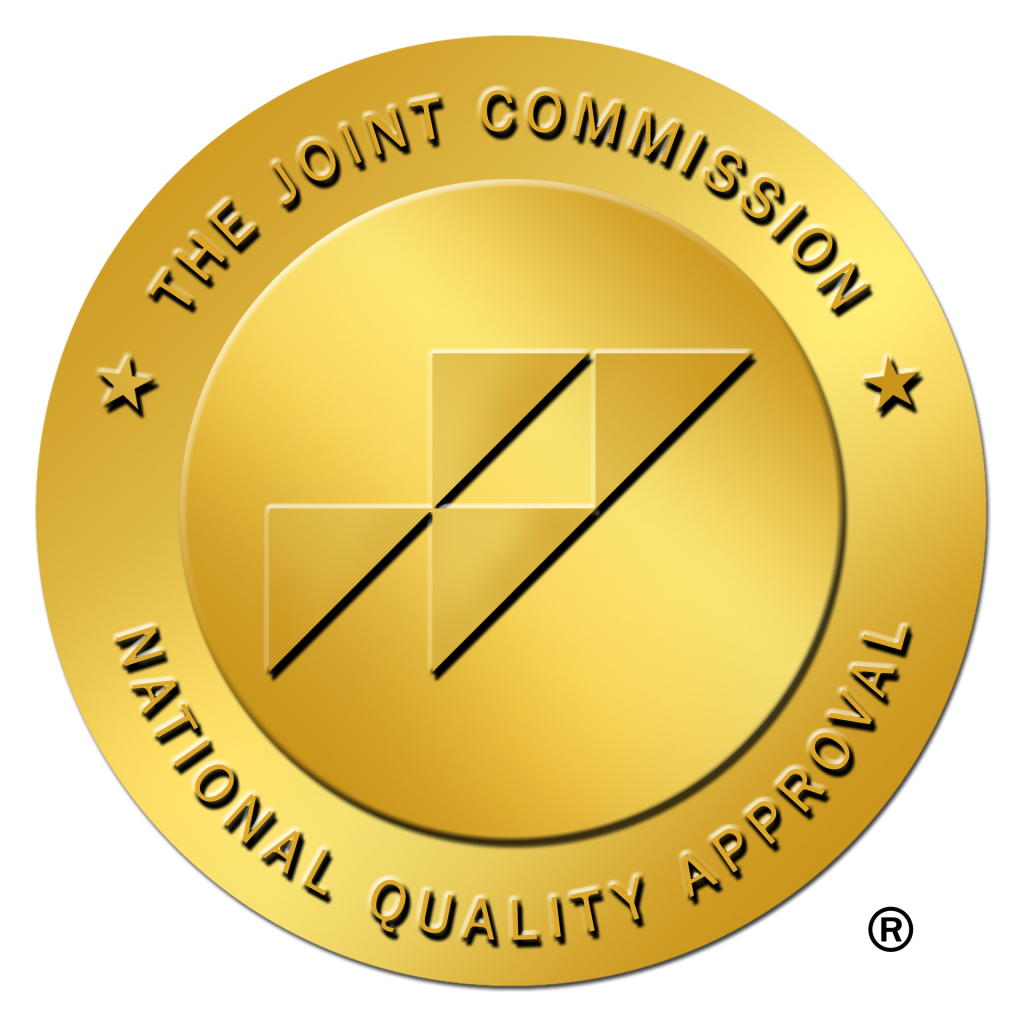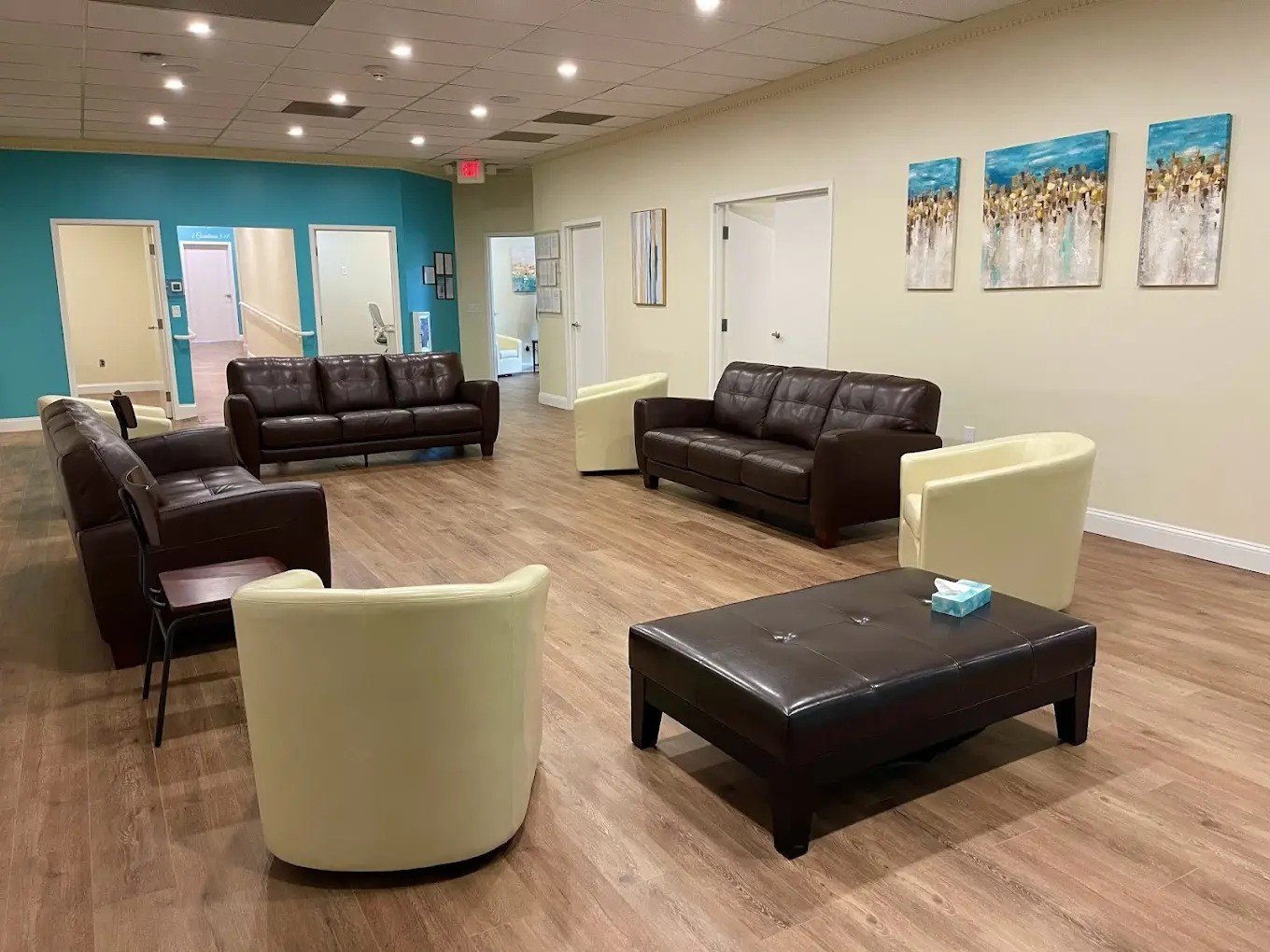Addiction Treatment Near Parsippany Nj
Exploring Treatment Options for Addiction Treatment Near Parsippany NJ
When considering addiction treatment near Parsippany NJ, it’s crucial to understand the different types of programs available. These can range from outpatient treatment facilities to more intensive options like Partial Hospitalization Programs (PHP) and Intensive Outpatient Programs (IOP). Each offers unique benefits that cater to varying levels of addiction severity and personal circumstances.
Outpatient programs are ideal for those who require a flexible schedule, allowing individuals to maintain daily responsibilities such as work or school. This type of program typically involves regular therapy sessions and support groups that can be tailored to fit personal commitments. For those needing a more structured approach, PHPs offer a comprehensive treatment plan with regular, intensive therapy without the need for overnight stays.
Intensive Outpatient Programs (IOPs) serve as a middle-ground, providing a robust therapeutic schedule while still offering the flexibility to return home each evening. This option is beneficial for individuals transitioning from inpatient care or those needing more than a weekly therapy session. It bridges the gap between full-time care and complete independence.
Specialized Substance Use Disorder Treatment
Addressing substance use disorders involves understanding the unique challenges posed by various substances. Parsippany NJ’s treatment centers cater to a broad array of addictions, including alcohol, opioids, fentanyl, heroin, prescription medications, and more. Tailored programs focus on the specific nature of each addiction, ensuring that treatment is comprehensive and effective.
Medication-assisted treatments are commonly used for opioid and alcohol dependencies, offering a medically supervised approach to withdrawal and recovery. This treatment reduces the risk of relapse and aids in the physical and psychological adjustment during the recovery process. Using medications like methadone, buprenorphine, or naltrexone, patients can experience a safer, more comfortable recovery.
Dual Diagnosis Approach in Addiction Treatment
For many individuals, substance use disorders are intertwined with mental health challenges. This is where a dual diagnosis approach becomes essential. At centers near Parsippany NJ, integrated treatment models address both addiction and co-occurring mental health disorders concurrently, recognizing the complex relationship between these issues.
Utilizing trauma-informed practices allows clinicians to uncover underlying psychological factors contributing to substance use, such as anxiety, depression, PTSD, or bipolar disorder. By treating these conditions in tandem with addiction, the likelihood of sustained recovery increases significantly. Programs often include therapies such as cognitive-behavioral therapy (CBT), dialectical behavior therapy (DBT), and experiential therapy, which are effective in managing both mental health and addiction.
The Role of Family Support in Recovery
Family involvement in addiction treatment near Parsippany NJ is a cornerstone of successful recovery. Many programs emphasize the importance of family therapy and support groups that facilitate open communication and understanding between the patient and their loved ones. Family members learn about addiction and its impact, gaining tools to better support their relative’s recovery journey.
In addition to traditional therapy, educational workshops are often provided to families, helping them understand the dynamics of addiction and recovery. This not only strengthens the family unit but also helps build a supportive environment for the patient post-treatment. Programs may also offer specific family support groups where members can share experiences and strategies for coping with a relative’s addiction.
Integrated Treatment Modalities
Successful addiction treatment near Parsippany NJ relies on the integration of multiple therapeutic modalities. This ensures that all aspects of an individual’s needs are met, improving the chances for recovery. Key components typically include individual counseling, group therapy, relapse prevention strategies, and specialized tracks such as animal-assisted therapy or veterans treatment.
Incorporating 12-step principles alongside evidence-based therapies provides a balanced approach, blending structured support with personal development. Motivational interviewing, acceptance and commitment therapy (ACT), and mindfulness practices are often integrated to enhance personal insight and emotional regulation, further empowering individuals in their recovery process.
Experiential therapies like art and music therapy, combined with more traditional methods, offer creative outlets for expression and healing. This holistic approach addresses the emotional and spiritual dimensions of addiction, fostering deeper personal insights and growth.
Support for Working Professionals
Maintaining a career while seeking treatment can be a significant concern for many individuals. Facilities for addiction treatment near Parsippany NJ often accommodate working professionals by offering flexible schedules and discreet services. These programs recognize the unique challenges that career commitments present and are designed to facilitate treatment without disrupting professional obligations.
Intensive Outpatient Programs (IOPs) provide evening sessions and weekend appointments, allowing professionals to attend therapy without interfering with their work schedules. This flexibility ensures that individuals receive the care needed while maintaining their career trajectories, promoting balance and reducing stress during recovery.
Veterans and Military Personnel Recovery
Military veterans and active-duty personnel face distinct challenges in dealing with addiction, often related to trauma experienced during service. Parsippany NJ offers specialized programs to address these unique needs. These programs are tailored to incorporate military culture and offer trauma-focused therapies to effectively treat PTSD and related conditions alongside substance use disorders.
Veterans benefit from access to treatments covered by VA and Tricare benefits, ensuring that financial concerns do not hinder access to necessary care. Peer support groups within these programs provide a space for veterans to connect over shared experiences, fostering a sense of community and understanding essential for recovery.
Faith-Based Recovery Pathways
For individuals seeking a spiritual dimension in their recovery, faith-based treatment options in Parsippany NJ offer a unique and supportive pathway. These programs integrate spiritual growth with evidence-based addiction treatment, providing a comprehensive healing environment. Participants engage in prayer, meditation, and faith-oriented group discussions, aligned with their personal beliefs and values.
Faith-based recovery often involves partnerships with local religious organizations, offering additional community support and resources. This integration helps individuals find purpose and meaning in their recovery journey, reinforcing resilience and hope through spiritual guidance.
Innovative Animal-Assisted Therapy
The use of animal-assisted therapy in addiction treatment near Parsippany NJ presents an innovative approach to healing. Engaging with animals creates a therapeutic bond that can reduce anxiety, improve mood, and foster a sense of connection and responsibility. This form of therapy is particularly beneficial for those who may struggle to open up in traditional therapeutic settings.
Interacting with animals, such as dogs or horses, offers individuals an opportunity to develop trust, empathy, and communication skills, which are critical components in recovery. The unconditional acceptance and companionship provided by animals create a non-judgmental environment where patients feel safe to explore their emotions and behaviors.
Insurance and Accessibility Considerations
Securing insurance coverage for addiction treatment near Parsippany NJ is a common concern. Many treatment centers have dedicated insurance verification teams that expedite benefits checks, ensuring that financial barriers do not delay access to care. This process often includes working with out-of-network providers and assisting with Tricare benefits for veterans.
In addition to insurance, many centers offer sliding scale fees and payment plans, making high-quality treatment accessible to a broader range of individuals. Ensuring that treatment options are tailored to financial as well as clinical needs is essential in providing equitable care for all individuals seeking recovery.
Emphasizing Long-Term Recovery
Long-term success in addiction treatment hinges on robust aftercare planning. Programs near Parsippany NJ focus on creating sustainable recovery plans that include ongoing counseling, support groups, and community reintegration strategies. This emphasis on long-term care helps ensure that individuals maintain sobriety and continue personal growth after completing initial treatment.
Structured aftercare plans may include regular check-ins with therapists, participation in alumni groups, and access to resources like sober living environments. These components work together to provide the support and accountability necessary for lasting recovery, preventing relapse and promoting a fulfilling, substance-free life.
What treatment options are available at New Chapter Recovery in Parsippany for different levels of addiction severity?
New Chapter Recovery offers a comprehensive range of outpatient treatment programs that cater to various levels of addiction severity. We provide Partial Hospitalization Programs (PHPs) for those needing intensive structure, perhaps due to a severe addiction or a recent discharge from inpatient care. PHPs involve regular, rigorous therapy schedules while allowing patients to return home in the evenings. If you’re at a point where you need significant support but have responsibilities like work or family, our Intensive Outpatient Programs (IOPs) might be more suitable. These programs offer robust therapeutic sessions with the flexibility of evening or weekend appointments. Lastly, our standard Outpatient Programs (OPs) suit those who have made progress in their recovery and require ongoing support. These allow for continued engagement with therapy while maintaining daily life activities. Whether you’re just beginning your recovery journey or transitioning from more intensive care, we tailor our programs to fit your unique needs and help you achieve lasting sobriety. Have you thought about which structure fits your lifestyle best and how it might impact your recovery journey?
How does the dual diagnosis model at New Chapter Recovery address both addiction and mental health conditions?
Our dual diagnosis approach is a cornerstone of treatment at New Chapter Recovery. We recognize that addiction often co-exists with mental health issues such as depression, anxiety, PTSD, or bipolar disorder. Our integrated model aims to address these concurrently, enhancing the chances of sustained recovery. By utilizing trauma-informed clinical practices, we delve into underlying psychological factors that may contribute to substance use. For example, someone battling anxiety might find relief in cognitive-behavioral therapy (CBT), which we offer as part of our treatment modalities. By meeting both mental health and addiction needs, we aim to equip our clients with the tools to manage their conditions more effectively. Have you considered how treating both aspects simultaneously might be more beneficial compared to addressing them separately?
In what ways does family support contribute to a patient’s recovery at New Chapter Recovery?
Family support can serve as a powerful ally in recovery. At New Chapter Recovery, we prioritize engaging families through therapy and educational workshops. Family therapy sessions encourage open communication, helping resolve misunderstandings and build a supportive home environment. Educational workshops provide family members with insights into addiction and recovery, equipping them with strategies to support their loved one’s journey effectively. For example, learning about triggers or coping mechanisms can help families foster environments that diminish stressors related to relapse. In essence, family involvement not only aids the individual in recovery but also strengthens family bonds, creating a robust support network. Have you discussed with your family how they might support you during this process, or how you can support a loved one seeking recovery?
What flexibility does New Chapter Recovery offer for working professionals seeking treatment?
We understand the challenges faced by professionals balancing career demands with treatment needs. At New Chapter Recovery, our programs are designed with flexibility in mind. We offer Intensive Outpatient Programs (IOPs) that accommodate work schedules with evening and weekend sessions. This means you can engage in necessary therapy without compromising your professional responsibilities. Additionally, our discreet services ensure privacy, allowing individuals to seek help with confidence. This balance supports both recovery and career continuity, reducing stress and promoting a sustainable recovery process. How important is maintaining your professional responsibilities during recovery, and what challenges do you anticipate in balancing the two?
What unique recovery pathways are offered for veterans at New Chapter Recovery?
Veterans can face unique challenges related to their service, and at New Chapter Recovery, we provide specialized programs that honor these experiences. Our programs incorporate military culture and offer trauma-focused therapies to address PTSD and other service-related conditions alongside addiction. Acknowledging the vital role of community, we facilitate veteran-specific peer support groups to create a shared space of understanding and camaraderie. Furthermore, we accept VA and Tricare benefits, ensuring access to necessary care without financial barriers. These tailored pathways ensure that veterans receive comprehensive care that respects their service and aids in their recovery. Have you explored how shared experiences and community support could enhance your recovery journey?
How does animal-assisted therapy enhance the treatment experience at New Chapter Recovery?
At New Chapter Recovery, we incorporate innovative therapies such as animal-assisted therapy to complement traditional treatment modalities. Interactions with animals, like dogs or horses, can significantly reduce anxiety and improve mood, providing a therapeutic bond that promotes healing. For individuals who might find it difficult to open up in conventional therapy sessions, animals offer a non-judgmental presence that fosters trust and empathy. This therapy involves activities that encourage responsibility and communication, which are crucial in recovery. Experiences like these often lead to profound personal insights and emotional growth. Have you considered how building a bond with an animal might influence your emotional state and aid your therapy process?
Resources
- Substance Abuse and Mental Health Services Administration (SAMHSA) – SAMHSA is the leading agency in the U.S. working to reduce the impact of substance abuse and mental illness on America’s communities.
- National Institute of Mental Health (NIMH) – NIMH is the largest scientific organization in the world dedicated to research focused on the understanding, treatment, and prevention of mental disorders.
- American Psychiatric Association (APA) – The APA is the leading professional organization representing psychiatrists in the United States, working to ensure humane care and effective treatment for individuals with mental illness.
- National Alliance on Mental Illness (NAMI) – NAMI is the largest grassroots mental health organization in the United States, dedicated to building better lives for the millions of Americans affected by mental illness.
- U.S. Department of Veterans Affairs (VA) – The VA provides comprehensive healthcare services to veterans and their families, including mental health and substance use disorder treatment programs.






